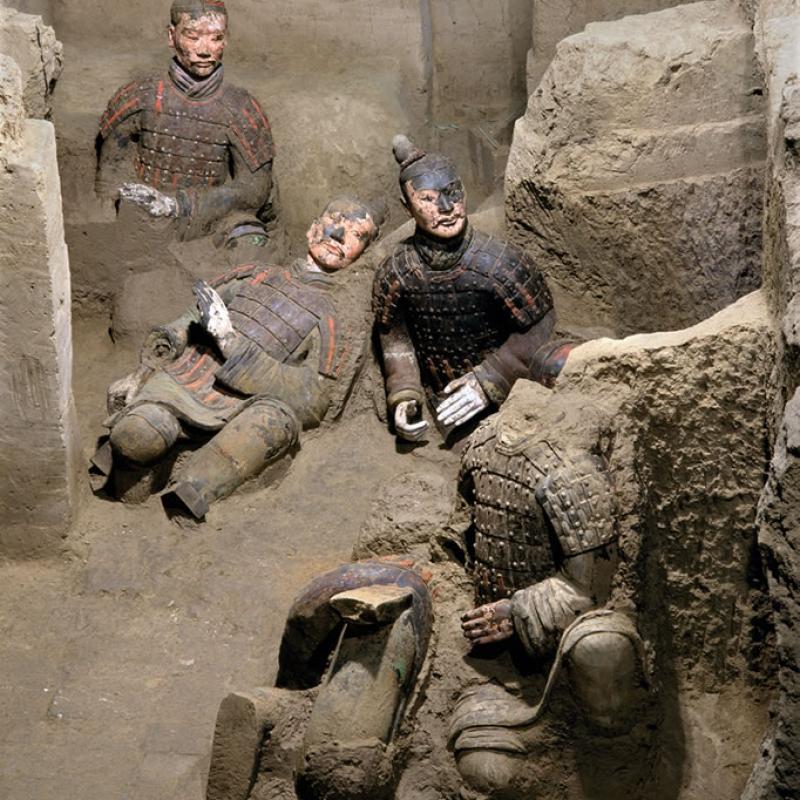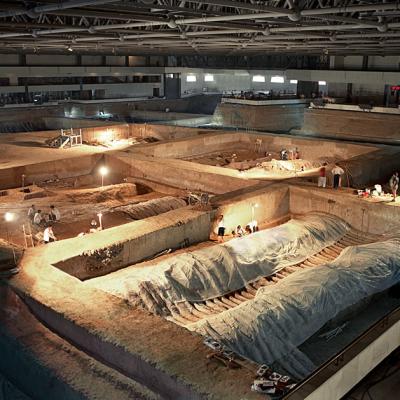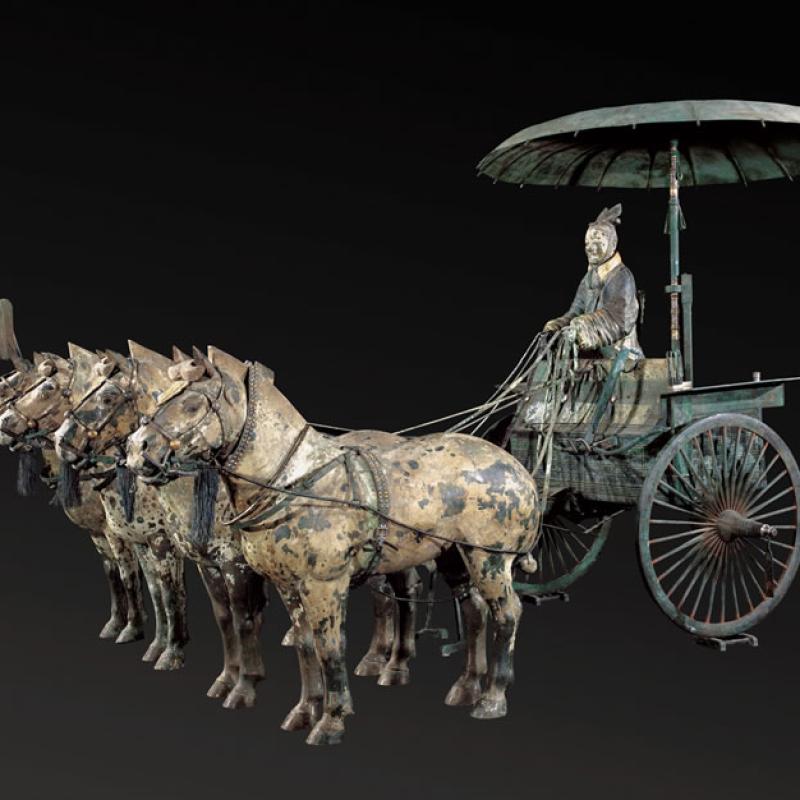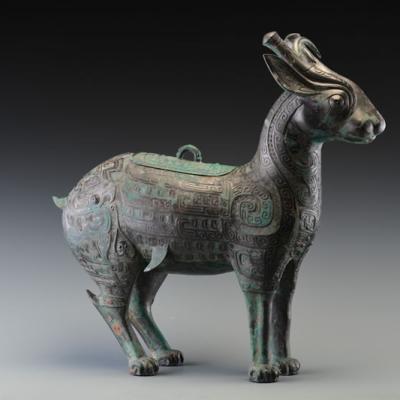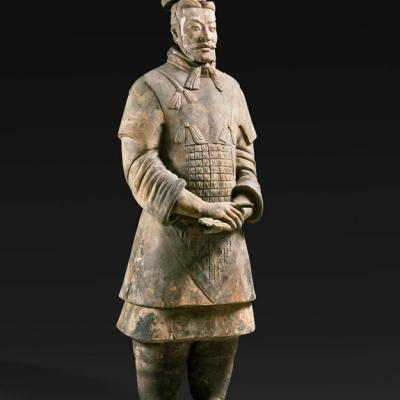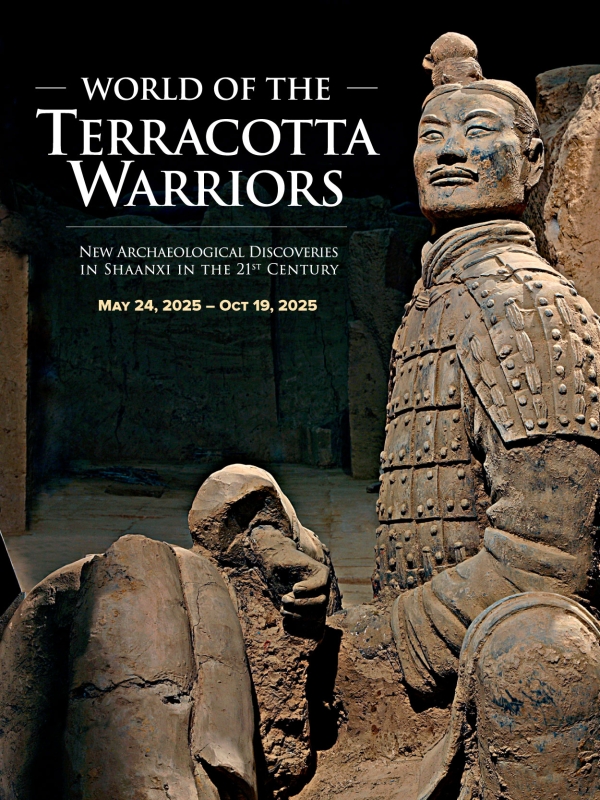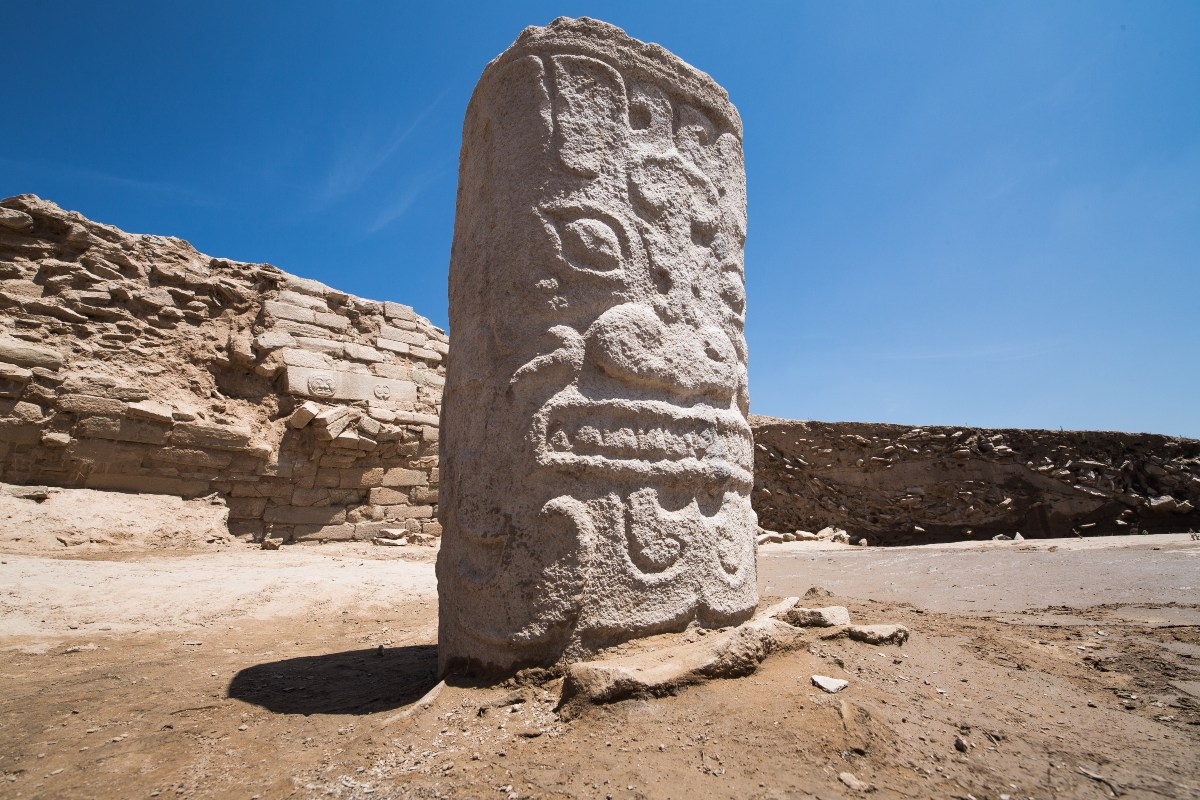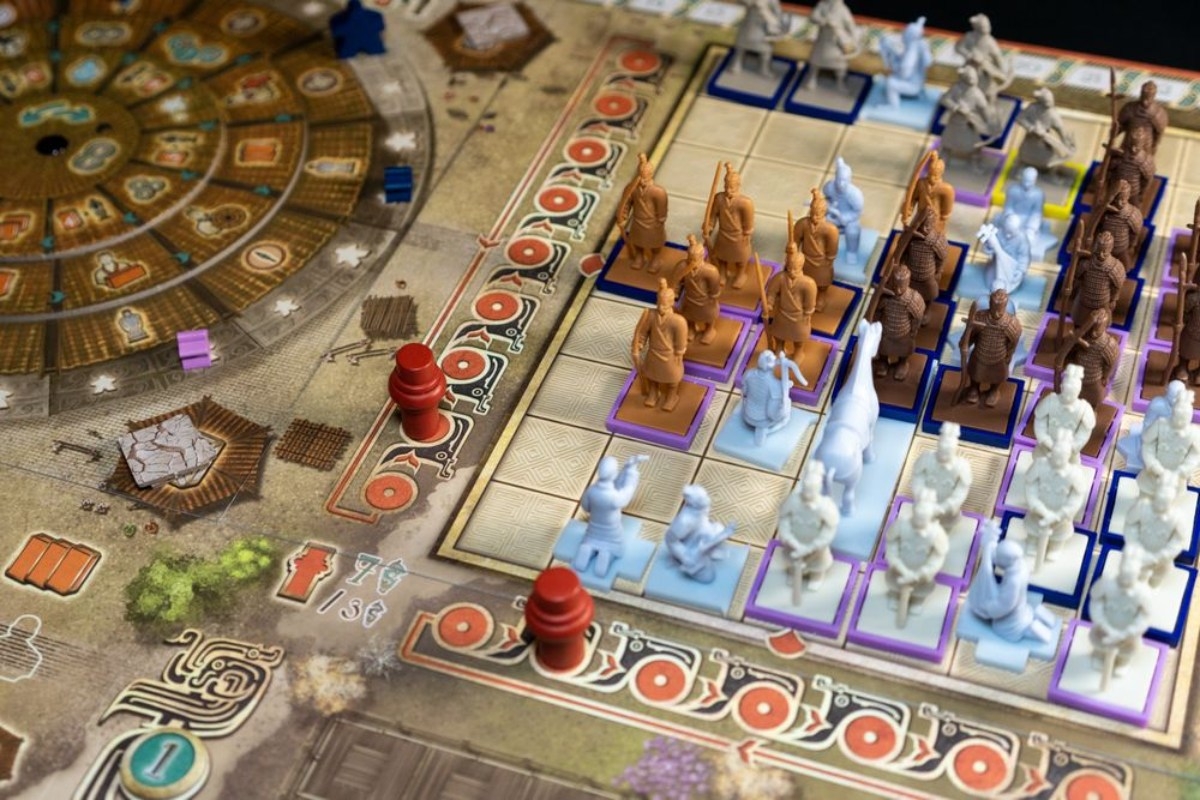Tickets Now Available, Scroll Down for Purchase
Fundraising Gala: May 22
Members' Opening Night: May 24
From the museum that brought you the U.S. premiere of China's Terracotta Warriors in 2008, Bowers proudly presents new groundbreaking discoveries with World of the Terracotta Warriors: New Archaeological Discoveries in Shaanxi in the 21st Century! Explore China’s captivating early history through recent archaeological finds from Shaanxi Province, learning why it is hailed as a cradle of ancient Chinese civilization. Traverse millennia, from Shimao around 2300 BCE—among the earliest walled cities in China—to pivotal sites of the Shang and Zhou eras, culminating in the iconic Terracotta Warriors commissioned by the Qin emperor and completed after his death in 210 BCE.
The discovery of the first terracotta army pit in the 1970s turned a great deal of global attention to the life and legacy of Qin Shi Huang, the Qin emperor. In 2008, Bowers Museum made history by hosting the groundbreaking exhibition Terracotta Warriors: Guardians of China's First Emperor, captivating audiences with these awe-inspiring cultural relics. Expanding upon this legacy, the 2011 exhibition Warriors, Tombs, and Temples: China's Enduring Legacy examined the enduring influence of the Qin emperor's funerary traditions on subsequent dynasties.
Now, archaeological finds in Shaanxi within the past two decades have revealed new information about pre-dynastic China’s political landscape and artistic achievements. World of the Terracotta Warriors comprises over 110 newly uncovered treasures including Terracotta Warriors, chariot regalia, jade and gold adornments, bronze vessels, and much, much more. In a landmark collaboration with the Shaanxi Cultural Heritage Promotion Center and esteemed museums and archaeological institutions across Shaanxi Province, these artifacts make their North American debut, offering audiences unprecedented glimpses into China before and during the Qin dynasty.
Exhibit Credit:
This exhibition is jointly organized by the Shaanxi Provincial Cultural Heritage Administration, Shaanxi Cultural Heritage Promotion Center, and Emperor Qin Shi Huang's Mausoleum Site Museum of the People's Republic of China, and Bowers Museum in the United States.
Generous support for World of the Terracotta Warriors comes from Lead Chairs of Terracotta Warriors Project Charles and Ling Zhang, China Southern Airlines, South Coast Plaza, PNC Bank, East West Bank, E. Rhodes and Leona B. Carpenter Foundation, and Huaxie Int’l Fine Art Freight Service Co., Ltd.

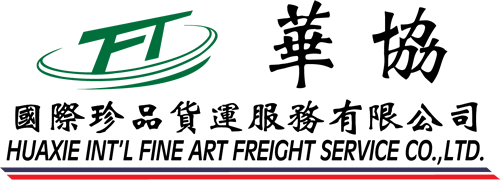
Special-Ticketed and Timed-Entry FAQ
$11 with purchase of General Admission ticket to the Museum. (Includes access to all of Bowers Museum's exhibitions)
Bowers Members: First visit is free (Note: Members' Opening Celebration after hours on 5/24 DOES NOT count against your free visit), see Membership page for details; additional visits: $11
*Note: Tickets limited to availability. Advanced ticket reservations/purchases are strongly advised.
Ticket Type | Total ticket Price (including Terracotta Warriors + General Admission) |
|---|---|
Bowers Members | Free (first visit) *Note: Members' Opening Celebration after hours on 5/24 DOES NOT count against your free visit |
Adults | $29 |
Seniors (Age 62+) & Students (12) | $26 |
** Children (3-11) | $11 |
** Children (Under 3) | Free |
Santa Ana Residents (Sunday Only) | $11 |
Active Military & NARM member | $11 |
**Must be accompanied by paying adult |

